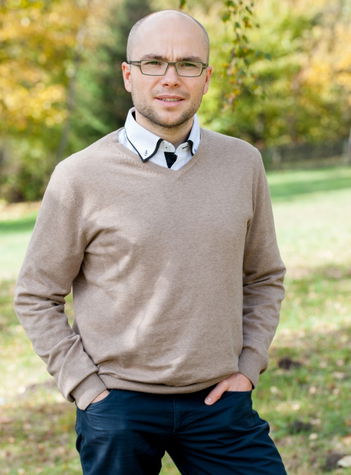The original Czech Philharmonic Harmony was founded within the Czech Philharmonic in 1967 by its prominent wind instrument players under the patronage of Chief Conductor Karel Ančerl. The basis of the ensemble was a classic octet (pairs of oboe, clarinet, bassoon and horn), complemented by flutes or other instruments, mostly brass ones. The word “Harmony” designates an ensemble of mostly wind instruments established during the era of Classicism as an autonomous orchestra playing wind and brass repertoire, and is also figuratively used for a wind section of a symphony orchestra. Until 1995 when it ceased to exist, the Czech Philharmonic Harmony recorded many gramophone records and later compact discs for the Supraphon label, spanning music from the Baroque to the present day, including many premieres of contemporary Czech music. The discography of the Czech Philharmonic Harmony consists of the complete works for wind instruments by Ludwig van Beethoven, serenades and divertimenti by Wolfgang Amadeus Mozart, compositions by Leoš Janáček, František Vincenc Kramář-Krommer, Antonín Dvořák, Karel Janeček, Ivo Jirásek, Jiří Pauer, Jaroslav Rybář, etc. In 1972 the ensemble was awarded the Wiener Flötenuhr (Viennese Musical Clock) for its recording of Mozart’s serenades and divertimenti. The ensemble also gave concerts both in the Rudolfinum and elsewhere. It regularly performed at the International Prague Spring Festival as well as at the festivals in Salzburg and Lucerne.
This tradition is now followed by the ensemble Czech Philharmonic Winds, consisting exclusively of the players of the Czech Philharmonic Orchestra. It was established in the 2018/2019 season as part of the project of the Czech Philharmonic Chamber Orchestra as its version for wind instruments.



